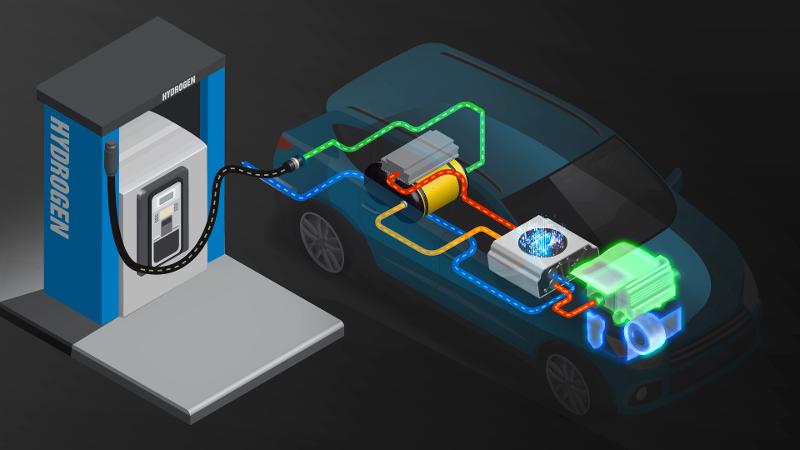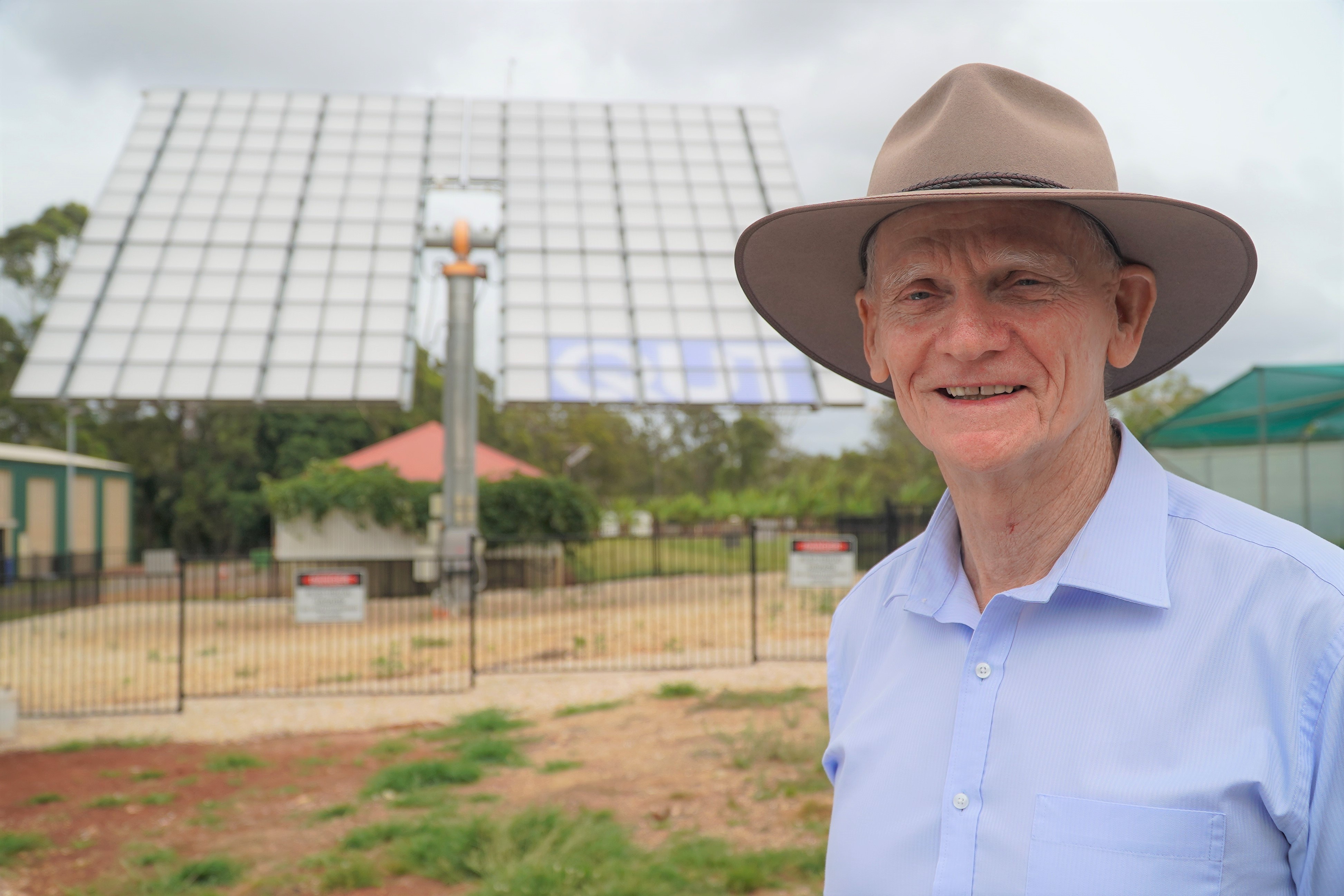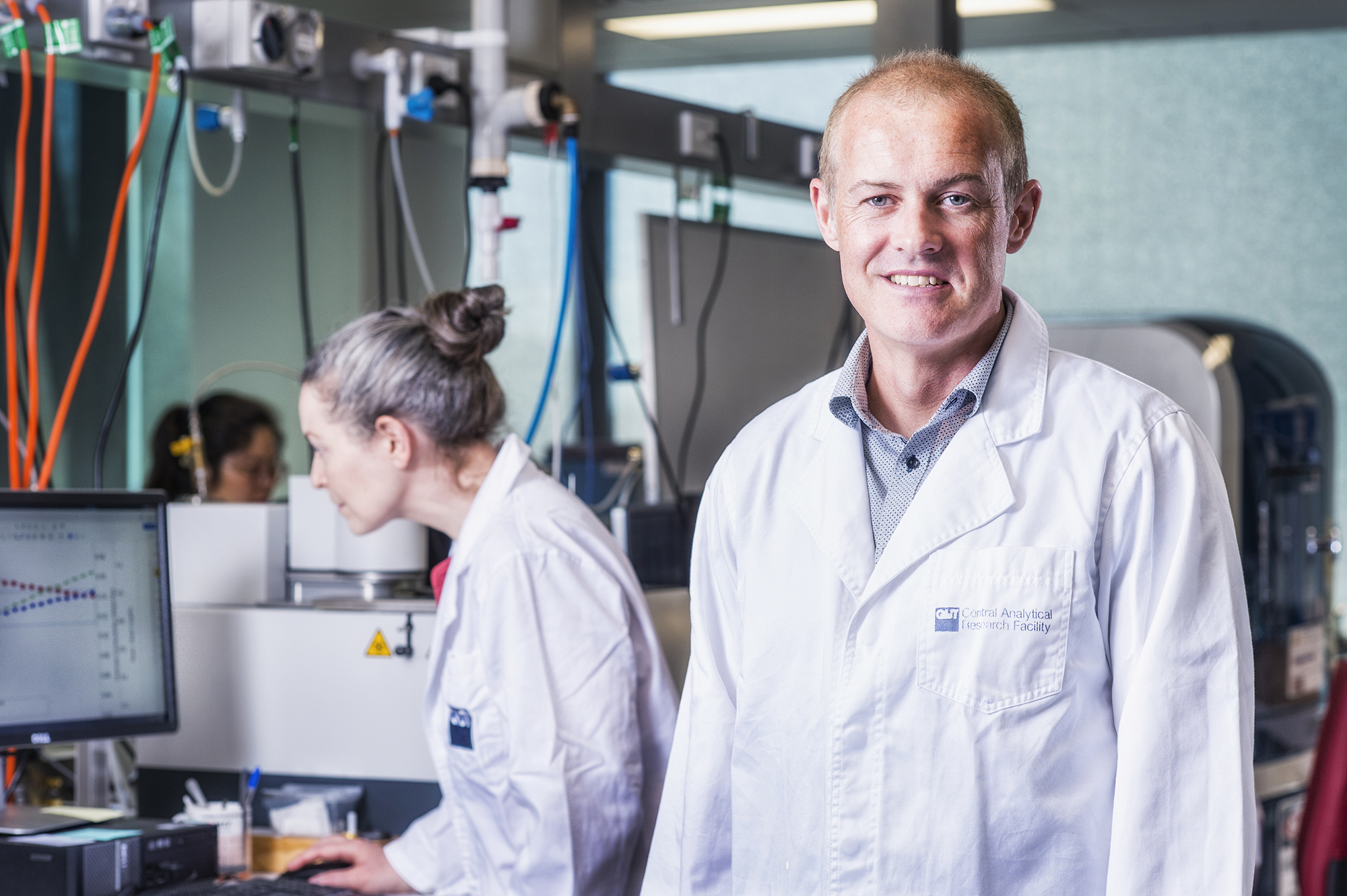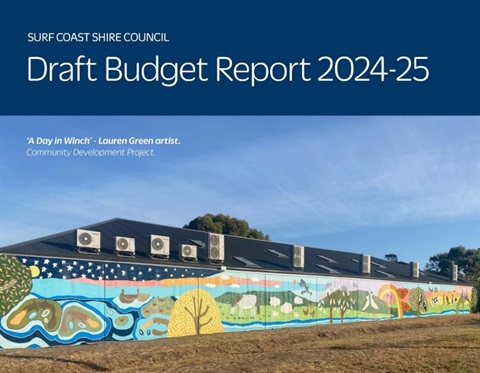
QUT researchers will play a key part in developing the green hydrogen export industry with projects to develop better systems of production, storage and transport, with the announcement of the Future Energy Exports (FEnEx) Cooperative Research Centre.
The FEnEx CRC will support Australia to maintain and enhance its position as a leading global energy exporter, helping the Australian LNG industry address the challenges of productivity, cost and decarbonisation, and supporting the establishment of a globally-leading hydrogen export industry over the next decade.
FEnEx CRC CEO Professor Eric May said the CRC would support Australia’s National Hydrogen Strategy developed in 2019 by Chief Scientist Alan Finkel, and included a program on Market & Sector Development to help establish hydrogen hubs.
“Our mission is to ensure Australia’s vital LNG industry remains competitive, reduces its environmental footprint, and helps to grow hydrogen exports for new emerging markets,” Professor May said.

Professor Ian Mackinnon, from QUT’s Institute for Future Environments, said FEnEx would build on the extensive work QUT had already done in the green hydrogen sphere, including partnering with Japanese company JXTG to produce and export green hydrogen to Japan and leading a $7.5 million research project to establish a renewable energy pilot plant producing green hydrogen at the Redlands Research Facility. This latter project is supported by four universities, Japanese and Australian corporations, the Queensland Government and the Commonwealth agency, ARENA.
“The FEnEx CRC is an excellent opportunity to translate the skills from one industry, and to build another export industry in the world of green hydrogen storage and utilization,” he said.
Professor MacKinnon said this project also tied into the excellent work in renewables being carried out with the Future Battery Industries CRC at Redlands.
“If we are looking to build a green hydrogen export industry, we need to build better storage capacity of electrons in batteries, and of molecules, such as hydrogen.”
As part of the FEnEx CRC, QUT’s Professor Mackinnon and Professor Anthony O’Mullane will be working on research projects involving the hydrogen export and value chains.
“This complements QUT’s activities in developing a renewable energy facility at Redlands to power the production of hydrogen using various electrolyser technologies,” Professor O’Mullane said.

“This program will enable the next generation of scientists and engineers with the key skills for the transition to renewable power generation, storage, transport and utilisation.
“This CRC will accelerate efforts in the development of cheaper, more stable catalysts for rapid deployment in commercial scale electrolysers to produce green hydrogen.”
QUT’s Professor Rachel Parker will lead the Market Development Program in the FEnEx CRC.
“This program will identify the strongest global market opportunities for the development of Australia’s future energy exports,” Professor Parker said.
“It will analyse emerging business models and value chains in new energy markets.
“The market development program will identify the business and social drivers and barriers to the adoption of technologies developed through the other CRC programs and will maximise the market and social benefits from the rapidly changing technological and industrial context of energy. “
Minister for Industry, Science and Technology Karen Andrews said the FEnEx CRC would help Australia maintain its position as a leading global energy exporter.
“The world’s demand for energy is insatiable and Australia is already dominant, with current energy exports worth nearly $90 billion,” Minister Andrews said.
“The FEnEx CRC will further strengthen our export industry by developing technologies to improve the efficiency of existing LNG processes and the development of new exports like hydrogen.
“Importantly, the FEnEx CRC will tap into international interest in lowering the cost of energy production, while at the same time reducing the carbon footprint of the LNG industry.
“This CRC’s research program promises to place Australia’s LNG sector well ahead of the curve by anticipating future changes in our energy mix, improving the competitiveness, productivity and sustainability of Australian industries.”
Maintaining Australia’s position as a leading global energy exporter is the aim of this Cooperative Research Centre which has been granted a total of $40 million in Australian Government grant funds.
The Future Energy Exports CRC has generated a further $122 million in cash and in-kind contributions from industry and researchers.






